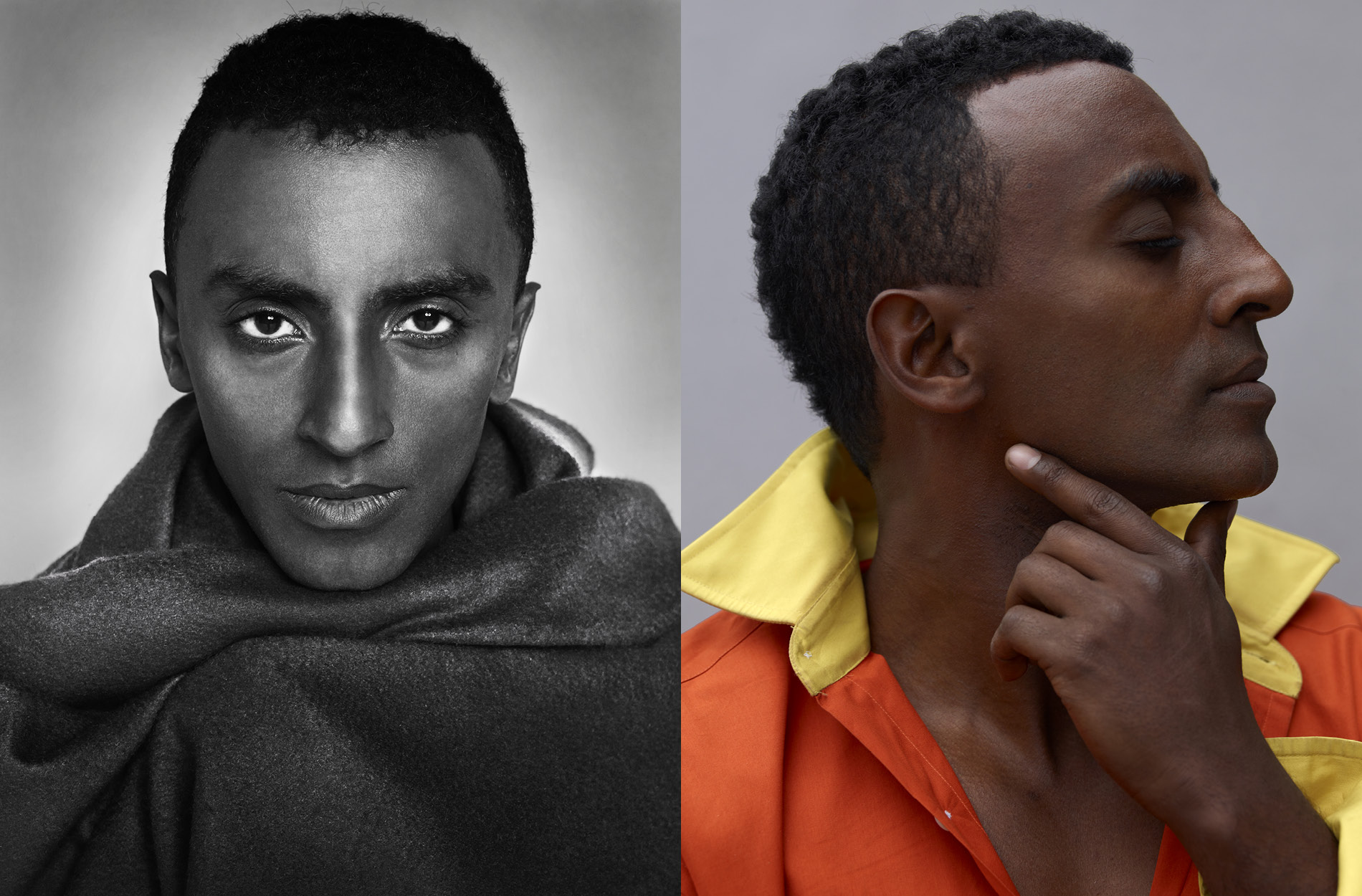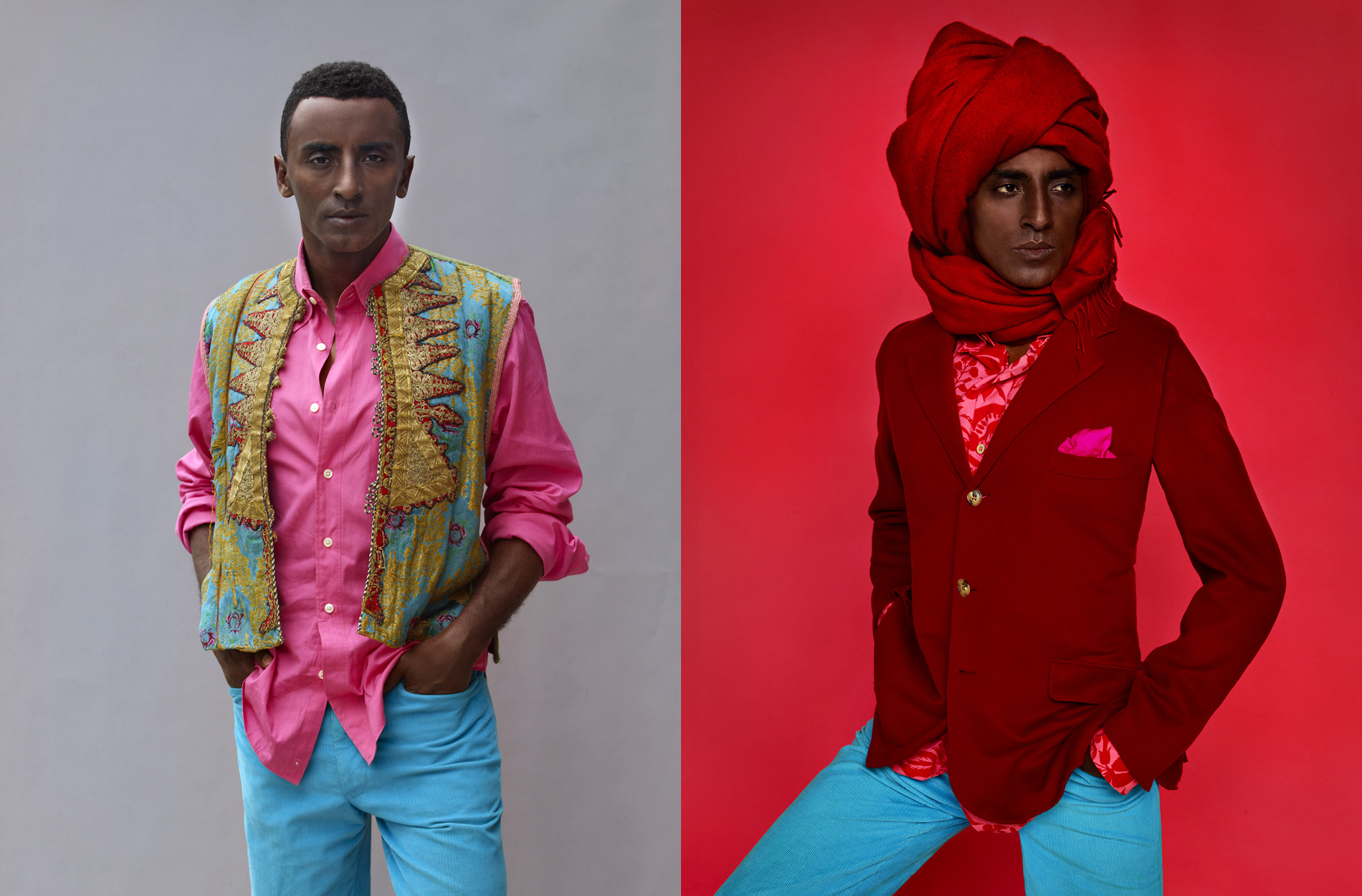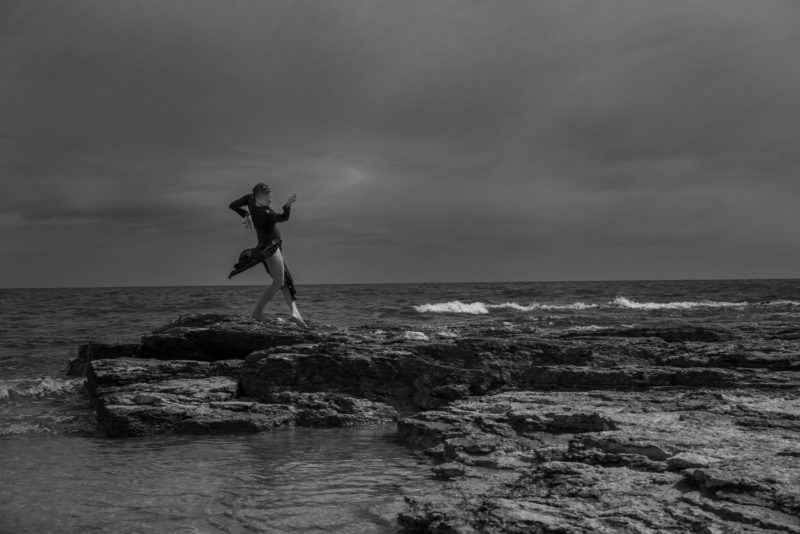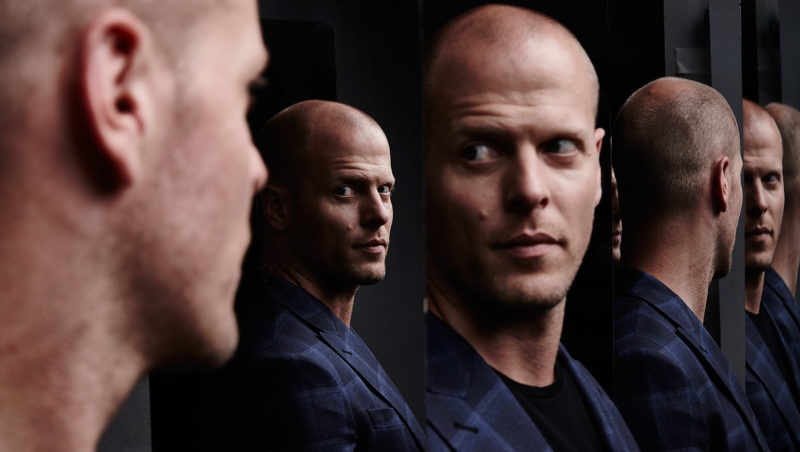Imagine a tale of an Ethiopian orphan who gets adopted by a Swedish family, is influenced by his grandmother’s recipes, goes to cooking school and becomes a celebrity chef and author. Oh, and gets married to a beautiful model. What sounds like improbable fiction is the very real life of MARCUS SAMUELSSON.
Musa Jackson: Who fueled your passion to be a chef?
Marcus Samuelsson: I want to say my grandmother, but it was really my father’s work ethic. He ended up a geologist running a company and working worldwide, but at the end of the day he was a fisherman who worked hard. I’ve been able to go all over the world, but at the end of the day I’m a cook. If you work on your craft, many doors can open. I came to this country with three hundred bucks.
My father always said, “You will live in England or America.” He worked with Brits and Americans so working with foreigners wasn’t strange to me my cousins are Jewish, other cousins are Korean, my parents are white, I’m from Ethiopia. I was prepared for the twenty-first century.
MJ: What about the determination to succeed?
MS: That also came from my father. He told me if I didn’t choose academia and decided to go with my passion, then I had to be determined to work very hard to be the best – especially as a black man. He was very clear: “Look, if there’s a fight in school you’re going to get blamed. I’m not saying it’s fair, that’s just the way it is.” Which is hard stuff when you’re twelve.
MJ: So your father grounded you from an early age?
MS: He gave me and my sister international names so we could deal with the world. He always said,“You will live in England or America.” He worked with Brits and Americans, so working with foreigners wasn’t strange to me – my cousins are Jewish, other cousins are Korean, my parents are white, I’m from Ethiopia. I was prepared for the twenty-first century.
RIGHT: Shirt TIMOTHY EVEREST
MJ: The eclectic background is apparent in your restaurant.
MS: When you celebrate your “everyday,” your life becomes a tad easier. When you do it through color it becomes a little more pop and fun. It’s hard because every day isn’t easy. But we take things for granted, such as food. We shouldn’t; it can be fun with function. For instance, I need good shoes, but they can have a bit of pop.
MJ: What informs your style?
MS: In Ethiopia, fashion is not everywhere but style is everywhere: Fela Kuti, David Bowie, Marvin Gaye, Bryan Ferry, Bob Marley. That was the music in my home. None of those men cared about the season or age. Marley wearing jeans on jeans on jeans, Bowie with his oversized suits and the hair – that’s style. My mom didn’t teach me “blue is in, yellow is out”; she said, “When you leave this house you’re going to be noticed, so wear it.”
MJ: Who were some the strongest influences in your life?
MS: One was former tennis champion Yannick Noah. My Swedishness got tested when he won the finals. I thought I was alone because I yelled for joy so hard. My Swedish friends were like, “You can’t cheer for the French guy.” But he was African; didn’t matter that he was Cameroonian, he was from the continent. We were all Swedish but I was different. I went out to play tennis after that. My mother was also a huge influence. She said, “Keep your back straight and your chest out and keep walkin’. Never let them see you sweat.” I always found that interesting because she comes from a very poor background but never let her lack of money get in the way of her dignity.
MJ: Your restaurant’s style has a Harlem influence.
MS: When I go south of 96th Street, I represent Harlem. Harlem is not a jeans-and-t-shirt kind of place – not that there’s anything wrong with that. It’s just something I was aware of. I’m a representative of this community. Those photos on the wall came from a Swedish photographer. Before shooting the first picture he wanted to know who the models were, what they would wear. I said, “Don’t worry about it. Wait until church is out and Harlem will bring it.” “How do you know?” “Don’t worry about it.” When church let out, he was like, “Wow!”
MJ: And what about the other amazing artwork?
MS: All local artists, whether from Harlem, a student at Studio Museum or they’ve lived here. We blend from Derek Adams to people at the beginning of their journey. We connect the artist with the consumer sitting at the bar. We sell it but don’t take commission.
MJ: What’s your next venture?
MS: Street Bird Rotisserie on 116th and Frederick Douglass Boulevard. It’s all about rotisserie chicken in a new way – a smaller space with service, hospitality, quick delivery and great packaging. It’s also about hip-hop, which is still here, forty years later. Hip-hop and graffiti came from this area and is celebrated all over the world, so we want to celebrate it here through old photos, the vibe, the food…
MJ: What is your greatest passion?
MS: My family, my mom, my wife. We didn’t start in the same place like a traditional family, but we can still love each other. My greatest passion is people. People have been so good to me. It’s not something I take for granted. I truly appreciate it.
I wasn’t supposed to be here. One foot in the grave. Coming from a hut twice the size of this table, with no electricity, and the fact that I’m now speaking to you – that means any kid can do it. The kids in Ethiopia are humble and determined; they want to go to school, they want the things we take for granted. They take spirituality for granted – the thing that we search for. I can’t tell you who’s better off, the kid from Ethiopia, the kid from Sweden or the kid from Harlem. I just know you can’t count anyone out.








